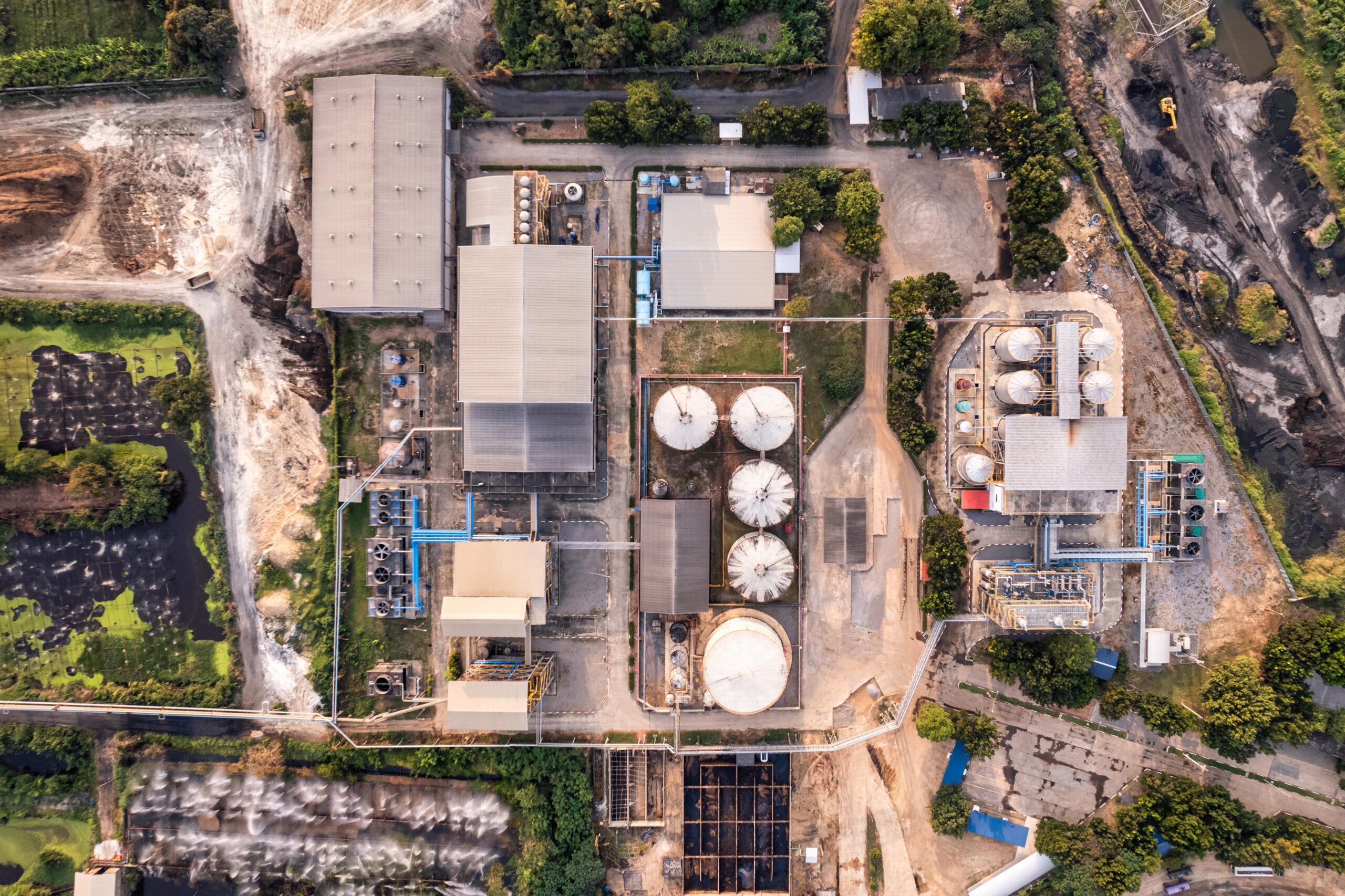Trafigura, Greenergy deal opens up biofuels, road fuels synergies
The Trafigura-Greenergy deal highlights the growing importance of biofuels in the UK and European landscape, experts said.

A recent deal signed by global commodities trader Trafigura to acquire UK-based fuel supplier Greenergy is opening up opportunities in the growing biofuels sector for the trading giant, amid a regulatory push to increase the share of these fuels in transport.
In the immediate-term, it also allows it to leverage Greenergy’s extensive road fuel network, commentators said.
Trafigura announced earlier this month it is to buy Greenergy’s European business from Brookfield Asset Management, for an undisclosed sum. The deal is subject to customary closing conditions and regulatory approvals.
Founded in 1992, Greenergy is one of Europe’s largest suppliers of biofuels, with manufacturing plants in the UK and the Netherlands and one of the biggest road fuels distributors in the UK.
The acquisition “presents a unique opportunity for Trafigura to strengthen its fuel supply operations in Europe and to add the physical production and distribution of renewable fuels to its growing biofuels business,” the two companies said in a joint statement.
Post acquisition, the company will continue to be led by its current management team.
The two companies will also explore expansion into new markets and products, they said.
Contacted by Gas Outlook, the two companies declined to further comment on this point ahead of the closing of the deal.
On the one hand, the deal highlights the growing importance of biofuels in the UK and European landscape, commentators said.
“Greenergy operates a vast fuel blending and distribution network in the UK, as well as three large biodiesel plants located in the UK and the Netherlands, and a supply chain of waste-type feedstock,” Kirill Kalinkin, an energy transition expert told Gas Outlook.
“Therefore, Greenergy resembles a vertically integrated business, from the feedstock to fuel blending to end customers.”
“This fits seamlessly in Trafigura’s end-to-end fuel supply chain offering and will definitely benefit from the adaptation of clean fuels in the transportation segment.”
“With this acquisition, it appears that Trafigura is betting that Greenergy’s products, particularly waste-derived biodiesel, will play a major role in fulfilling the market’s needs in the future,” Jacob Mandel, research lead, global energy markets at Aurora Energy Research told Gas Outlook.
“While the path for decarbonising some sectors, such as power generation, have become increasingly clear from a technology perspective, other sectors” such as transport “present unique challenges and opportunities,” he continued.
“European regulations and laws have started to address the challenges facing these sectors, introducing targets and more concrete mandates that are intended to drive that decarbonisation.”
But “how those targets and mandates are met is not yet clear, as no single technology has taken a leading role.”
“This is particularly true in the case of industrial feedstock, as well as heavy duty marine, and aviation transportation, where there are a number of competing fuels and technologies that could play this role.”
The UK has a target of 10% sustainable aviation fuels (SAFs), which include biofuels, by 2030.
Under the Renewable Transport Fuel Obligation (RTFO), it also set a 9.6% renewable fuels target by 2021, rising to 14.9% by 2032. The scheme works by setting an annual obligation on suppliers to supply renewable fuels, largely biofuels.
These targets were derived from European legislation, amid a wider trend of biofuels looking “more promising in Europe at the moment than (…) just a few years ago,” Mandel said.
At the same time, biofuel road transport is facing growing competition against the “more established and rapidly growing EV market.”
“EV deployment is still particularly quick in Europe,” he said, adding that “biofuels are better positioned to meet fuel needs in other sectors where EVs do not have an advantage, such as heavy duty, marine, and aviation transportation.”
“It’s hard to see a path forward for widespread deployment of EVs in these sectors, which leaves the door open to biofuels to fill that gap.”
But while growth prospects in the biofuel segment are the main focus of the deal, having access to Greenergy’s road fuel market infrastructure in the UK presents the most attractive opportunities for Trafigura in the nearer term, Andrew Bonnington, managing editor at price reporting agency Argus Media, said.
Greenergy’s “access to the UK transport fuels market (…) presents the largest business opportunity for the trading giant,” he said in an opinion piece.
Refinery closures in the past 15 years in the UK have turned the country into one of the largest importers of diesel fuels in the world, with imports accounting for 56% of the 12.5 million tonnes of diesel demand in 2022, he explained, adding that Greenergy’s share alone is estimated to account for some 20% of that, “a percentage which gives Trafigura’s trading division very sizeable market power.”
Additionally, the UK imports some 2 mn t/year of gasoline through the Coryton facility, owned by Greenergy, and others in the south east, giving Trafigura “as one of the foremost traders and crucially blenders of gasoline in Europe, a sizeable outlet for its finished gasoline, one of a dwindling number of such outlets in Europe.”



